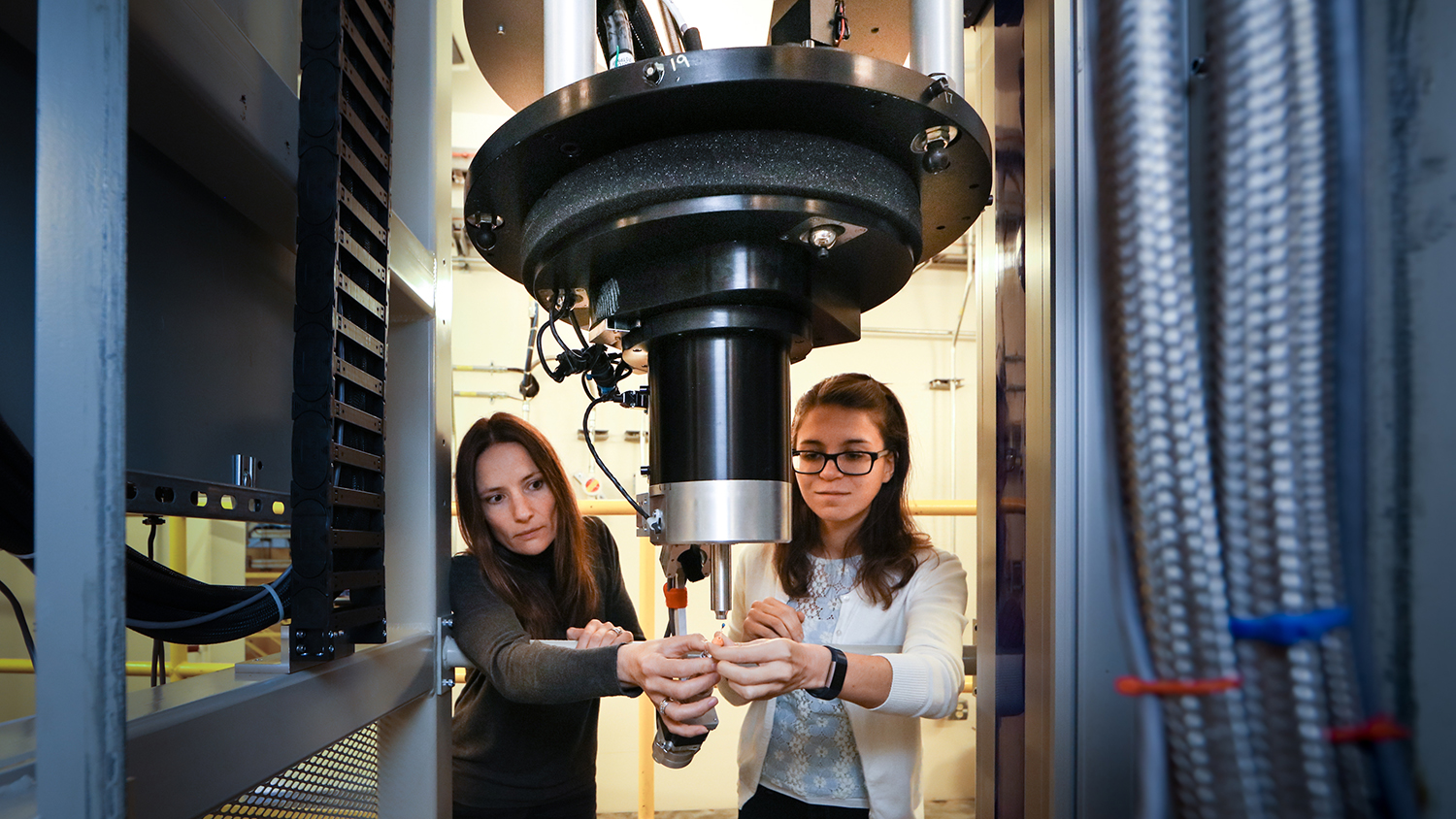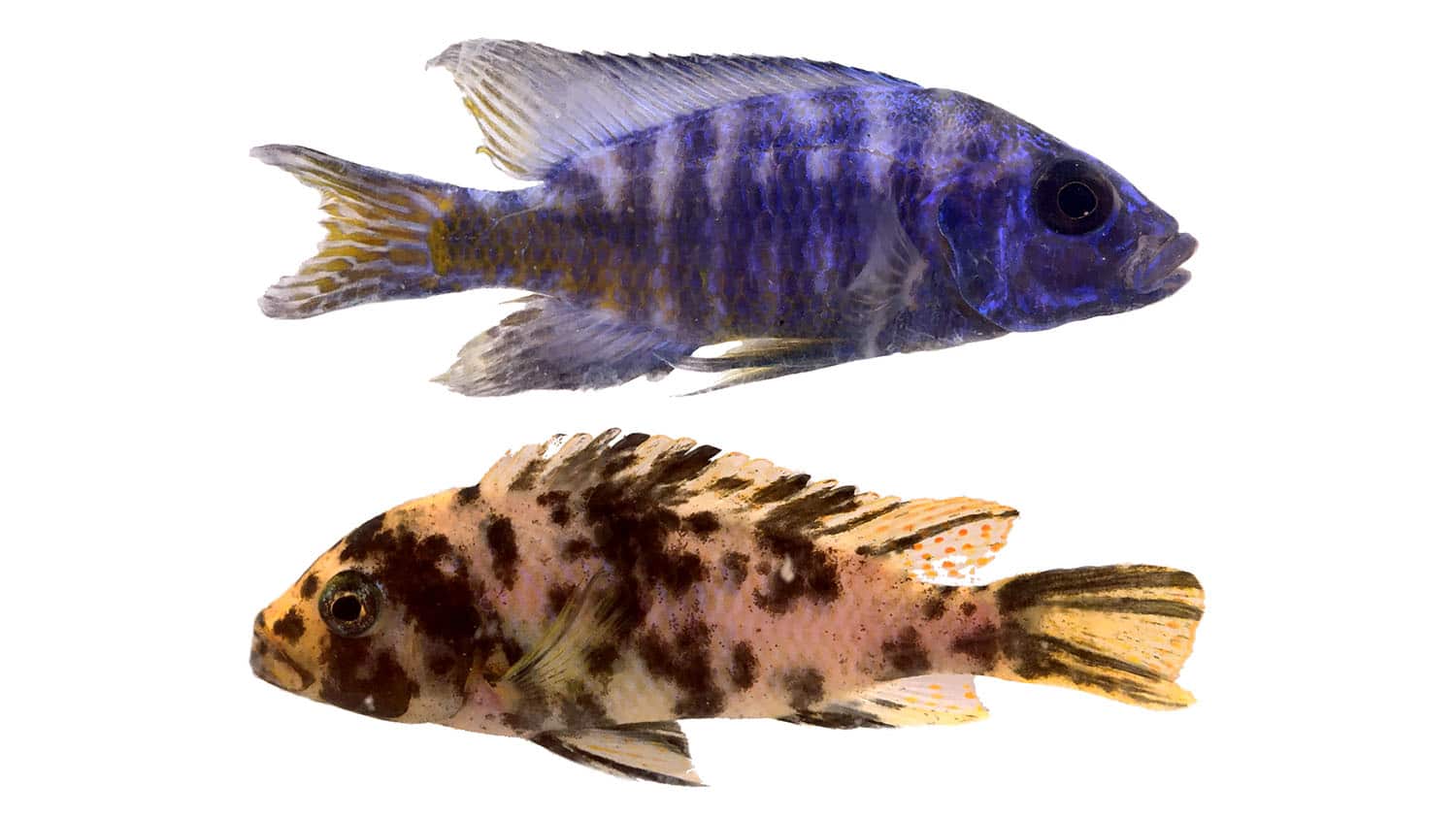CALS Researcher Works to Unlock the Power of Cellulose

Cellulose could be central to solving a range of society’s challenges, from the need for affordable, sustainable fuels to the environmental damage caused by plastic waste.
And Flora Meilleur, an associate professor in the Department of Molecular and Structural Biochemistry, is at the center of the effort to unlock cellulose’s potential. In her Polk Hall lab and at Oak Ridge National Laboratory in Tennessee, Meilleur is searching for better ways to break down and use cellulose, the main ingredient in the cell wall of green plants.
Simplifying the deconstruction of cellulose would give scientists easier access to glucose, a component that has promise as a biofuel source. Cellulose could also replace plastic in the production of straws, grocery bags, and other disposable items that create significant amounts of trash.
Specifically, Meilleur is using powerful neutron beams at Oak Ridge to study key enzymes in the breakdown of cellulose.
“These organisms use glucose as their primary source of carbon and energy – as food,” Meilleur said. “I’m investigating how these enzymes make them more efficient so that we can, for example, reduce the cost of processing cellulose.
A version of this story appeared in College of Agriculture and Life Sciences News.


